Howey is important, but it's not everything.
There was a 1946 Supreme Court case about whether a citrus grove company qualified as an investment contract under the Securities Act of 1933. As a result, The Supreme Court created a 4 pronged test to determine whether something is an investment contract, this test is called the Howey Test. If you pass all 4 prongs of this test, you are a security.
This is the Howey Test:
- An investment of money
- In a common enterprise
- With the expectation of profit
- To be derived from the efforts of others
Altcoins will pass the Howey Test if there was a token allocation to a team of developers who built/updated a product or service with the implicit intent of increasing the value of the tokens.
However, what many people forget is that the Howey Test only tests for one specific type of security. There are dozens of types of securities. Meaning, you could fail this test and still be deemed a security via one of the dozens of other types of securities defined in the 1933 Securities Act.
What does it mean for the founders if a token is deemed a security?
After being declared a security, the cryptocurrency itself will be delisted from all American exchanges until the founders themselves register their security with the SEC. If the founders do not register, then the project will likely be unable to be purchased in the US.
A lawsuit will often be launched against the team, but not always. The SEC will be more motivated to launch the lawsuit if the team behind the project was located in the US, and/or the security created outside the US but was sold to US persons. If the founders are outside the US and are noncompliant, the SEC might contact Interpol to perform an extradition order to the US.
What does it mean for the exchanges if a token is deemed a security?
The SEC will have trouble regulating the tokens themselves, so the on and off ramps will likely be where most of the enforcement actions will take place. Most crypto exchanges do not have a license to trade securities, and will be legally forced to either delist the assets until they obtain a securities broker license. Even if they get a license, the founders of the token MUST register with the SEC and provide all the disclosures required under the Securities Act of 1933 before they can be listed.
Just because exchanges are acting above the law, it doesn't mean they are.
The SEC declared 9 assets to be securities, and Coinbase currently has 7 of those assets listed on their exchange. The problem, is that Coinbase does not have a securities brokers license to trade said securities. So you would think they would delist them...but they haven't. Coinbase, in defiance, written a blog post declaring they aren't going to delist them.
Coinbase is knowingly and intentionally choosing not to obey the law and consequences will likely come their way. Do not think what Coinbase is doing is legal just because they are currently getting away with it. It is 100% illegal.
What does it mean for the consumer if a token is deemed a security?
- The consumer might be geofenced (geographically blocked) from purchasing the token in their jurisdiction if the token is unregistered with the SEC. If it is registered with the SEC, licensed securities brokers only can list the token.
- The position from SEC Chairman Gary Gensler is that tokens have been securities all along. Meaning, they don't "become" securities when the SEC calls it out, they were legally a security all along. This is an important distinction because it possibly means that one day when a token you have traded is recognized as a security, you could be liable for amending your previous years taxes to properly account for the nuances of securities laws. Some people will not owe more taxes, but some will if you performed wash trades or entered a new tax bracket.
What is the "Wash Sale Rule"?
The wash-sale rule prohibits selling an security for a loss and replacing it with the same or a "substantially identical" (ie: an IOU/derivative) security 30 days before or after the sale. Currently, this doesn't apply to cryptocurrency as a general technology, but it will apply in a case by case basis if the SEC declares a specific asset a security. Consult your tax advisor about this next tax season about this topic, this is not tax advice.
Which coins are currently deemed securities?
The SEC in official capacity have declared so far the following crypto assets are securities:
- XRP
- AMP
- RLY
- POWR
- DFX
- XYO
- LCX
- RGT
- EOS
- VERI
- BXY
- DRGN
- BLOOM
- NSG
- CPTL
- Ormeus Coin
- CMCT
This list it not the full list, as it's actually much longer I just grew impatient listing them all. To view the full list, read the SEC's enforcement action page here.
Misconception: settlements do NOT mean the asset is not a security.
Many of these cryptocurrencies have active civil lawsuits that are ongoing where the verdict is still up in the air.
But some of them, like EOS, have settled outside of court. This does not mean that EOS is not a security, all it means is that the criminal and civil penalties against the founders of EOS have been dropped. EOS is still a security, it's just the cops are have chosen to turn a blind eye on enforcement actions against the founders.
Which coins are NOT currently deemed securities?
The only coin officially not to be a security is Bitcoin. So Bitcoin holders can feel safe knowing they won't have to deal with this headache.
So what about Ethereum?
Notably, the SEC has never officially declared Ethereum a security or nonsecurity. However, they have recently officially declared that since the Ethereum network is highly centralized and is located in mostly the United States, they have jurisdiction over all activity happening on the entire network. This does not directly implicate Ethereum is a security, but it definitely hints at that.
SEC officials off the record statements on Ethereum have been conflicting.
Bureaucrats can express opinions that they personally hold without speaking on behalf of the agency, and many bureaucrats have commented on Ethereum. In unofficial capacity, current SEC Chairman Gary Gensler has expressed that Ethereum's ICO was indeed a security. Gary Gensler, in unofficial capacity, also said "every ICO is a security", which would include Ethereum. A few weeks ago, current SEC Chairman Gary Gensler said that the mechanisms of Proof of Stake resembles a security.
This contradicts what William Hinman, a low ranking official who no longer works at the SEC, said in unofficial capacity in a 2018 Yahoo interview that Ethereum started out as a security, but evolved into a commodity. The Ripple defense team is currently using Hinman's comments as a defense in the SEC's lawsuit against Ripple, we will see how that holds up in court since Hinman wasn't a high ranking official and also wasn't speaking on behalf of the SEC at the time.
Misconceptions about the CFTC's powers
The CFTC has tried to incorporate Ethereum under their jurisdiction, however, if the SEC deems it a security, the CFTC has no legal authority to change that. The SEC is the only agency that defines securities, so it does not matter what the CFTC says or does.
[link] [comments]

You can get bonuses upto $100 FREE BONUS when you:
💰 Install these recommended apps:
💲 SocialGood - 100% Crypto Back on Everyday Shopping
💲 xPortal - The DeFi For The Next Billion
💲 CryptoTab Browser - Lightweight, fast, and ready to mine!
💰 Register on these recommended exchanges:
🟡 Binance🟡 Bitfinex🟡 Bitmart🟡 Bittrex🟡 Bitget
🟡 CoinEx🟡 Crypto.com🟡 Gate.io🟡 Huobi🟡 Kucoin.
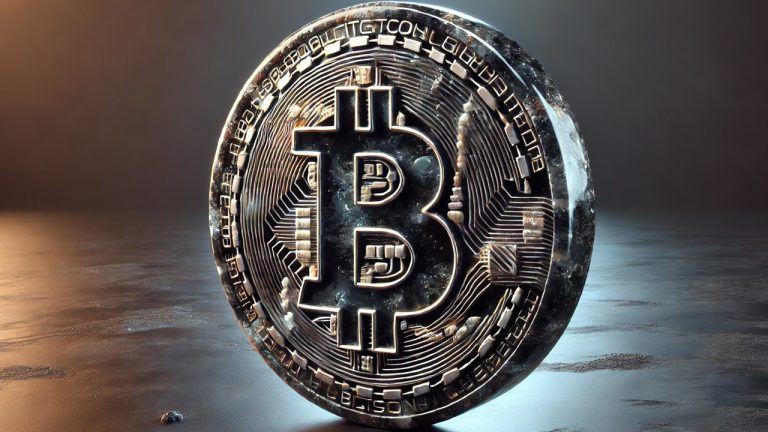


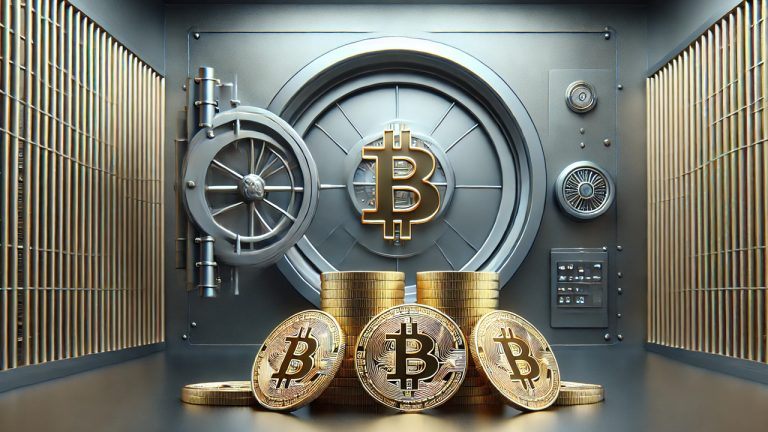

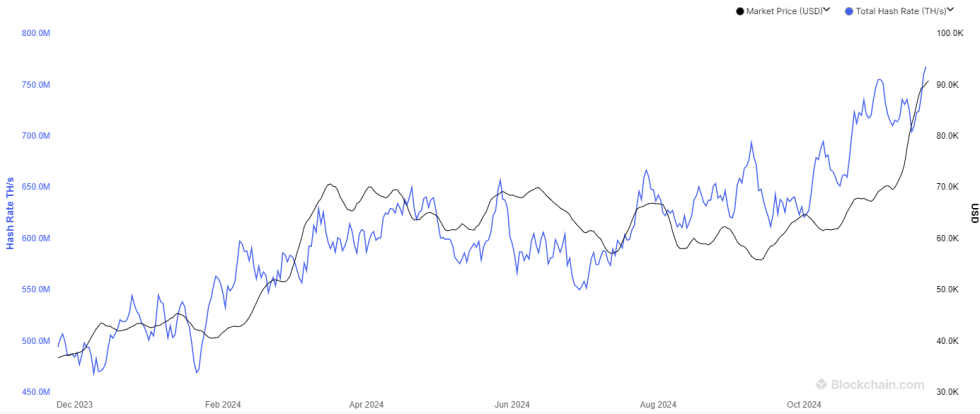




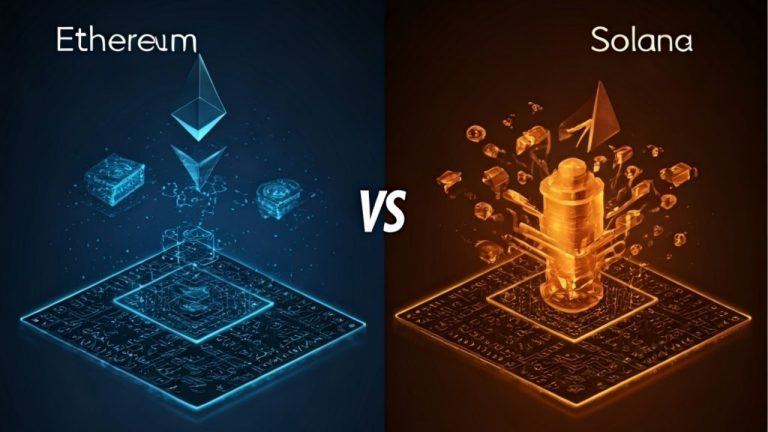

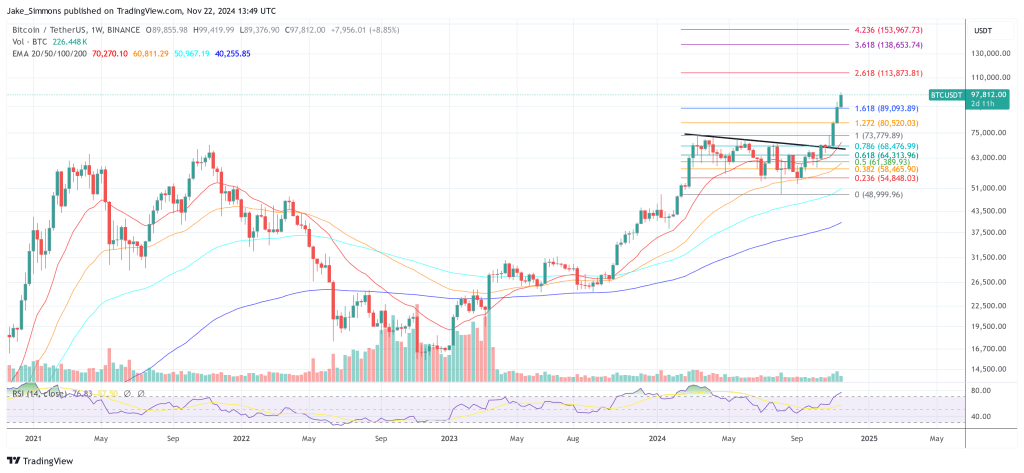



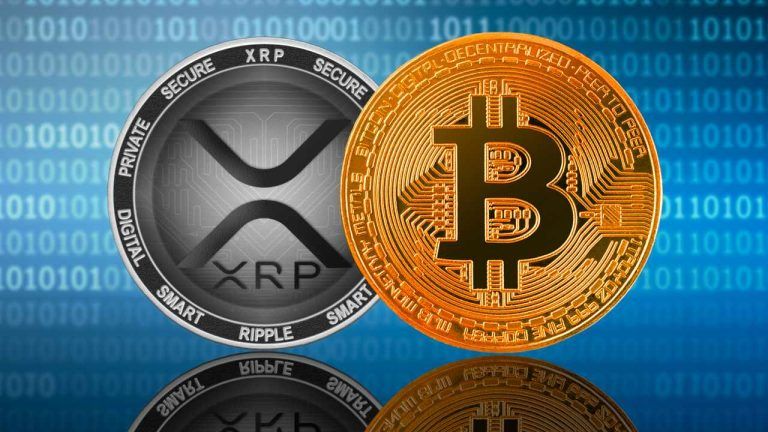
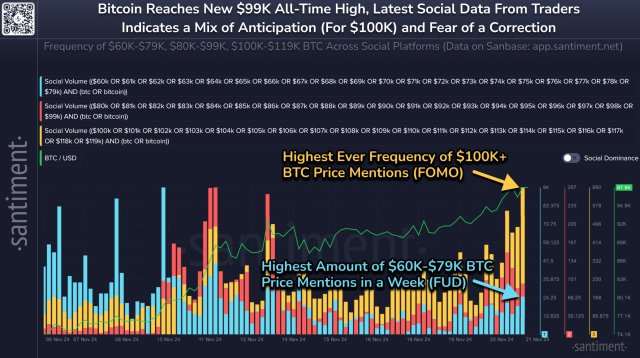


Comments